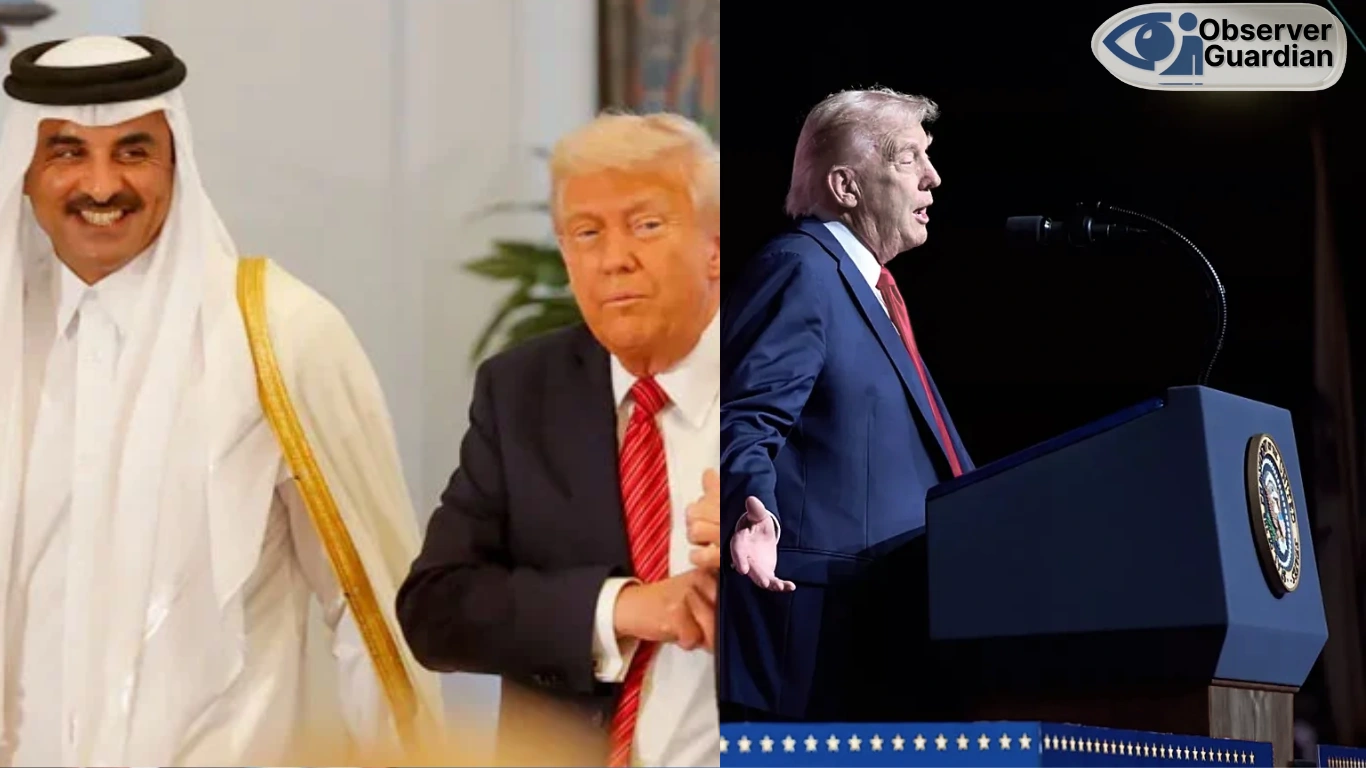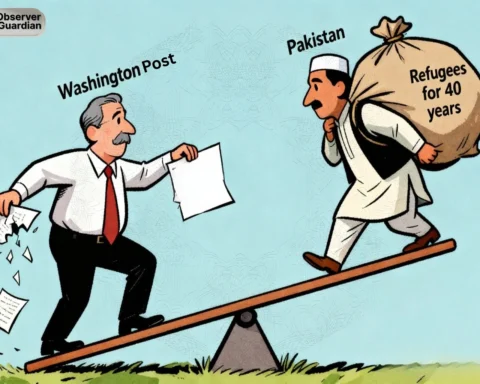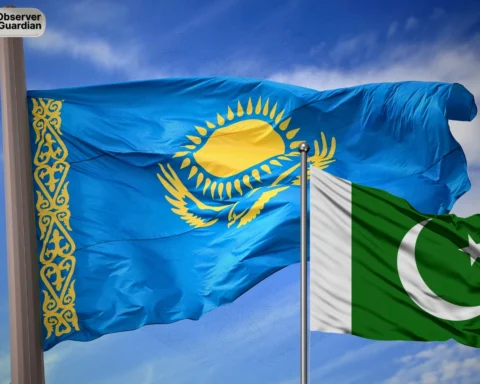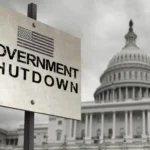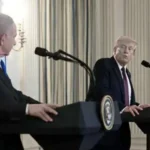US Pledges Security Backing to Qatar After Israeli Strike
The White House has taken a pretty big step with Qatar. After Israel launched an airstrike in Doha earlier this month aimed at Hamas but killing civilians, including a Qatari official. President Trump signed an executive order that essentially treats an attack on Qatar as an attack on the US.
The order says the US will consider any strike on Qatari soil or infrastructure a threat to its own security. And if that happens, Washington promises to respond in whatever way it deems necessary: diplomacy, sanctions, or even military action. It also tells the Pentagon and intelligence agencies to start joint planning with Qatar so they are not caught scrambling if something like this happens again.
Qatar welcomed it, of course. They’ve been asking for something like this for years, especially since they host the massive Al Udeid Air Base, which is one of the U.S.’s most important hubs in the region. For them, this is not just symbolic, it’s insurance.
That said, there are some caveats. An executive order isn’t the same as a treaty. It doesn’t go through the Senate, and a future president could scrap it with the stroke of a pen. It’s strong language, but it does not have the weight of NATO style commitments.
There is also the regional angle. The US already has complicated relationships across the Gulf and with Israel. By giving Qatar this kind of guarantee, Washington might be seen as playing favorites, which would not sit well with neighbors like Saudi Arabia or the UAE. At the same time, it could make Israel think twice before carrying out another strike in Doha, since it now risks direct blowback from the US.
Reports suggest Trump even pushed Netanyahu to apologize to Qatar after the strike and to promise it won’t happen again. That’s a pretty unusual moment, considering how closely the US usually aligns with Israel.
For Qatar, this is a clear win. For the US, it is a gamble. The guarantee might deter further attacks and reassure a key partner, but it could also drag Washington deeper into the region’s messy rivalries. Whether it ends up stabilizing things or just adding another layer of tension will depend on how carefully both sides play it from here.

